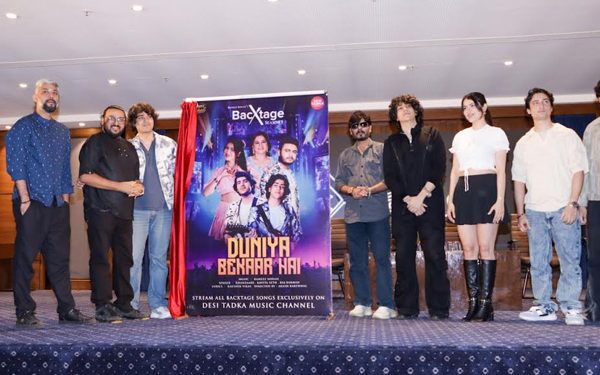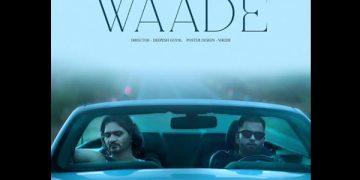MUMBAI: ‘Stop and listen’ is what BBC seems to be calling out to its listeners. In a first of its kind initiative, â€?Save our Sounds’ by BBC World Service will appear to build a sound map of the world with the help of the audience to save endangered sounds from extinction.
The project will collect sounds from around the globe to create an aural snapshot of the world. From bells, to taxi horns and the shouts of street traders, Save Our Sounds is on a quest to make people around the world stop, listen and think about the defining noises around them.
The Save our Sounds website – bbcworldservice.com/saveoursounds – has launched an innovative interactive sound map. Audiences are able to record, and upload sounds on to the world map to become part of a sonic worldview and an online archive of global noises. Listeners can join in by capturing sounds themselves and then send the recordings the website, by email, by post or by using the free AudioBoo application on an iPhone.
One can also join the live Twitter stream, where science writer and journalist Kate Arkless Gray is leading the conversation. Micro-blogger Kate will be talking to acoustic practitioners and audiences online and via Twitter (@BBC_SOS), building a community around the project. Later in the season, users will also be able to create their own soundscapes in a virtual 3D landscape.
There is also a Sound Scavengers Challenge where in challenges are given to the audiences to capture different form of sounds.
In July, a new two part documentary, Save Our Sound, will premier on TV channel Discovery on 8 and 15 July at 2030 BST. Presented by acoustician Professor Trevor Cox, this series features a range of experts including architects, urban planners, environmental scientists, sound artists, psychologists and social scientists, all concerned with acoustic ecology in the urban soundscape.
The series will examine the impact of sound on people’s lives, and question whether some distinct noises, from street markets, to bells and street hawkers, are actually at risk of disappearing, drowned out by new technologies and generic sounds like cooling fans and traffic.
Other BBC programmes will be involved in this project. All this week, Outlook is featuring sounds from five parts of the world which maybe in danger of disappearing. From the fish wives of Angola – whose songs resonate through the streets of Luanda – to chai wallahs pouring tea on the streets of Delhi.












